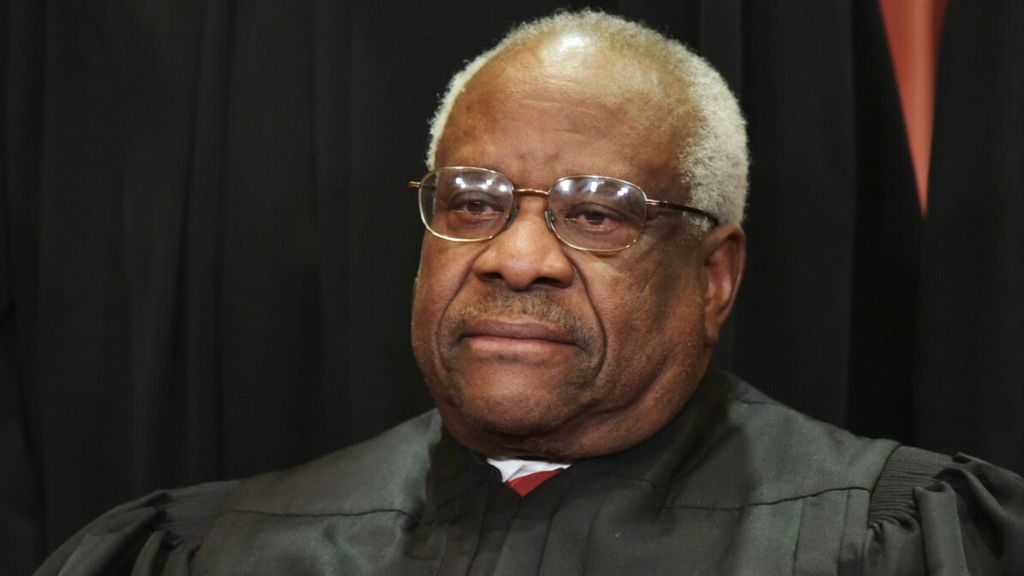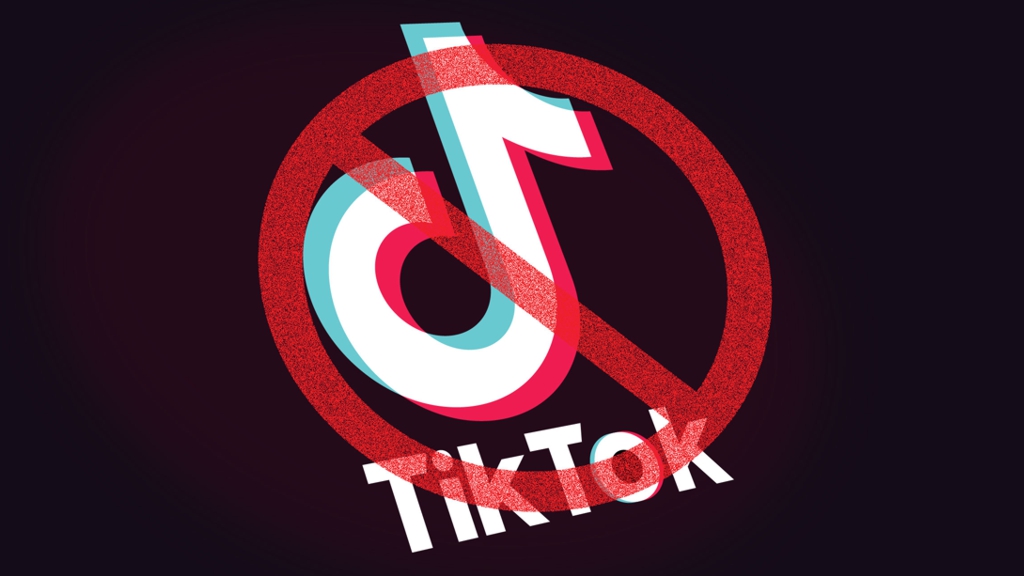He is one of America’s least understood and most underestimated Founding Fathers, the second President of the U.S., John Adams. HBO Films produced the Emmy(R)-winning, seven-part miniseries starring Paul Giamatti as the man who played a pivotal role in fostering the American Revolution and building a republic.
Independence Episode: Following a fruitless session of the Continental Congress, a sabbatical at Adams’ Braintree farm is disrupted by news of the attack on Lexington and Concord. Adams witnesses the aftermath of the bloody battle, and later reports back to Philadelphia. There, he jousts with delegates debating the pros and cons of independence, eschewing an olive-branch proposal from Pennsylvania’s John Dickinson and throwing down the gauntlet for independence.
Independence Episode: Johns Adams Speech
The President recognizes Mr. Adams, Massachusetts.
John Adams: Objects of the most stupendous magnitude, measures which will affect the lives of millions, born and unborn, are now before us. We must expect a great expense of blood to obtain. But we must always remember that a free constitution of civil government cannot be purchased at too dear a rate, as there is nothing on this side of Jerusalem of greater importance to mankind. My worthy colleague from Pennsylvania has spoken with great ingenuity and eloquence. He has given you a grim prognostication of our national future, but where he foresees apocalypse, I see hope. I see a new nation ready to take its place in the world, not an empire, but a republic, and a republic of laws, not men.
Imaginary Speech of John Adams By Daniel Webster (1782–1852) Highlights
Gentlemen, we are in the very midst of revolution, the most complete, unexpected and remarkable of any in the history of the world. How few of the human race have ever had an opportunity of choosing a system of government for themselves and their children. I am not without apprehensions, gentlemen, but the end we have insight is more than worth all the means. I believe, Sirs, that the hour has come.
My judgement approves this measure and my whole heart is in it. All that I have, all that I am, and all that I hope in this life, I am ready to stake upon it. While I live, let me have a country, a free country.
Sink or Swim, Live or Die, Survive or Perish, I give my heart and my hand to this vote. It is true indeed that in the beginning we did not aim for Independence, but there is a Divinity that shapes our ends. Why then should we defer the declaration? You and I indeed may rue it. We may not live to see the time when this declaration shall be made good. We may die; die Colonists or die Slaves. Be it so, be it so. If it be the pleasure of Heaven that my country shall require the poor offering of my life, the victim shall be ready. But while I do live, let me have a country, or at least the hope of a country, and that a free country.
But whatever may be our fate, be assured that this declaration will stand. It may cost treasure and it may cost blood, but it will stand and richly compensate for both. Through the gloom of the present, I see the brightness of the future, like the sun in heaven. We shall make this a glorious and immortal day. When we are in our graves our children will honor it. They will celebrate it with thanksgiving and festivities, with bonfires and illuminations.
Before God I believe that the hour has come. My judgment approves this measure and my whole heart is in it. All that I have, all that I am, and all that I hope in this life I am now ready to stake on it and leave off as I began. Live or die, survive or perish, I am for this declaration. It is my living sentiment and by the blessing of God it will be my dying sentiment. Independence now, Independence forever.
Imaginary Speech of John Adams By Daniel Webster (1782–1852) Full
[Discourse on the Lives and Services of Adams and Jefferson. 1826.]
It was for Mr. Adams to reply to arguments like these. We know his opinions, and we know his character. He would commence with his accustomed directness and earnestness. 1
“Sink or swim, live or die, survive or perish, I give my hand and my heart to this vote. It is true, indeed, that in the beginning we aimed not at independence. But there’s a Divinity which shapes our ends. The injustice of England has driven us to arms; and, blinded to her own interest for our good, she has obstinately persisted, till independence is now within our grasp. We have but to reach forth to it, and it is ours. Why, then, should we defer the Declaration? Is any man so weak as now to hope for a reconciliation with England, which shall leave either safety to the country and its liberties, or safety to his own life and his own honor? Are not you, sir, who sit in that chair, is not he, our venerable colleague, near you, are you not both already the proscribed and predestined objects of punishment and of vengeance? Cut off from all hope of royal clemency, what are you, what can you be, while the power of England remains, but outlaws? If we postpone independence, do we mean to carry on, or to give up, the war? Do we mean to submit to the measures of Parliament, Boston Port Bill and all? Do we mean to submit, and consent that we ourselves shall be ground to powder, and our country and its rights trodden down in the dust? I know we do not mean to submit. We never shall submit. Do we intend to violate that most solemn obligation ever entered into by men, that plighting, before God, of our sacred honor to Washington, when, putting him forth to incur the dangers of war, as well as the political hazards of the times, we promised to adhere to him, in every extremity, with our fortunes and our lives? I know there is not a man here, who would not rather see a general conflagration sweep over the land, or an earthquake sink it, than one jot or tittle of that plighted faith fall to the ground. For myself, having, twelve months ago, in this place, moved you, that George Washington be appointed commander of the forces raised, or to be raised, for defence of American liberty, may my right hand forget her cunning, and my tongue cleave to the roof of my mouth, if I hesitate or waver in the support I give him. 2
“The war, then, must go on. We must fight it through. And if the war must go on, why put off longer the Declaration of Independence? That measure will strengthen us. It will give us character abroad. The nations will then treat with us, which they never can do while we acknowledge ourselves subjects, in arms against our sovereign. Nay, I maintain that England herself will sooner treat for peace with us on the footing of independence, than consent, by repealing her acts, to acknowledge that her whole conduct towards us has been a course of injustice and oppression. Her pride will be less wounded by submitting to that course of things which now predestinates our independence, than by yielding the points in controversy to her rebellious subjects. The former she would regard as the result of fortune; the latter she would feel as her own deep disgrace. Why, then, why then, sir, do we not as soon as possible change this from a civil to a national war? And since we must fight it through, why not put ourselves in a state to enjoy all the benefits of victory, if we gain the victory? 3
“If we fail, it can be no worse for us. But we shall not fail. The cause will raise up armies; the cause will create navies. The people, the people, if we are true to them, will carry us, and will carry themselves, gloriously, through this struggle. I care not how fickle other people have been found. I know the people of these Colonies, and I know that resistance to British aggression is deep and settled in their hearts and cannot be eradicated. Every Colony, indeed, has expressed its willingness to follow, if we but take the lead. Sir, the Declaration will inspire the people with increased courage. Instead of a long and bloody war for the restoration of privileges, for redress of grievances, for chartered immunities, held under a British king, set before them the glorious object of entire independence, and it will breathe into them anew the breath of life. Read this Declaration at the head of the army; every sword will be drawn from its scabbard, and the solemn vow uttered, to maintain it, or to perish on the bed of honor. Publish it from the pulpit; religion will approve it, and the love of religious liberty will cling round it, resolved to stand with it, or fall with it. Send it to the public halls; proclaim it there; let them hear it who heard the first roar of the enemy’s cannon; let them see it who saw their brothers and their sons fall on the field of Bunker Hill, and in the streets of Lexington and Concord, and the very walls will cry out in its support. 4
“Sir, I know the uncertainty of human affairs, but I see, I see clearly, through this day’s business. You and I, indeed, may rue it. We may not live to the time when this Declaration shall be made good. We may die; die colonists; die slaves; die, it may be, ignominiously and on the scaffold. Be it so. Be it so. If it be the pleasure of Heaven that my country shall require the poor offering of my life, the victim shall be ready, at the appointed hour of sacrifice, come when that hour may. But while I do live, let me have a country, or at least the hope of a country, and that a free country. 5
“But whatever may be our fate, be assured, be assured that this Declaration will stand. It may cost treasure, and it may cost blood; but it will stand, and it will richly compensate for both. Through the thick gloom of the present, I see the brightness of the future, as the sun in heaven. We shall make this a glorious, an immortal day. When we are in our graves, our children will honor it. They will celebrate it with thanksgiving, with festivity, with bonfires, and illuminations. On its annual return they will shed tears, copious, gushing tears, not of subjection and slavery, not of agony and distress, but of exultation, of gratitude, and of joy. Sir, before God, I believe the hour is come. My judgment approves this measure, and my whole heart is in it. All that I have, and all that I am, and all that I hope, in this life, I am now ready here to stake upon it; and I leave off as I begun, that live or die, survive or perish, I am for the Declaration. It is my living sentiment, and by the blessing of God it shall be my dying sentiment, Independence, now, and INDEPENDENCE FOREVER.” 6
Stedman and Hutchinson, comps. A Library of American Literature:
An Anthology in Eleven Volumes. 1891.
Vol. IV: Literature of the Republic, Part I., Constitutional period, 1788–1820







